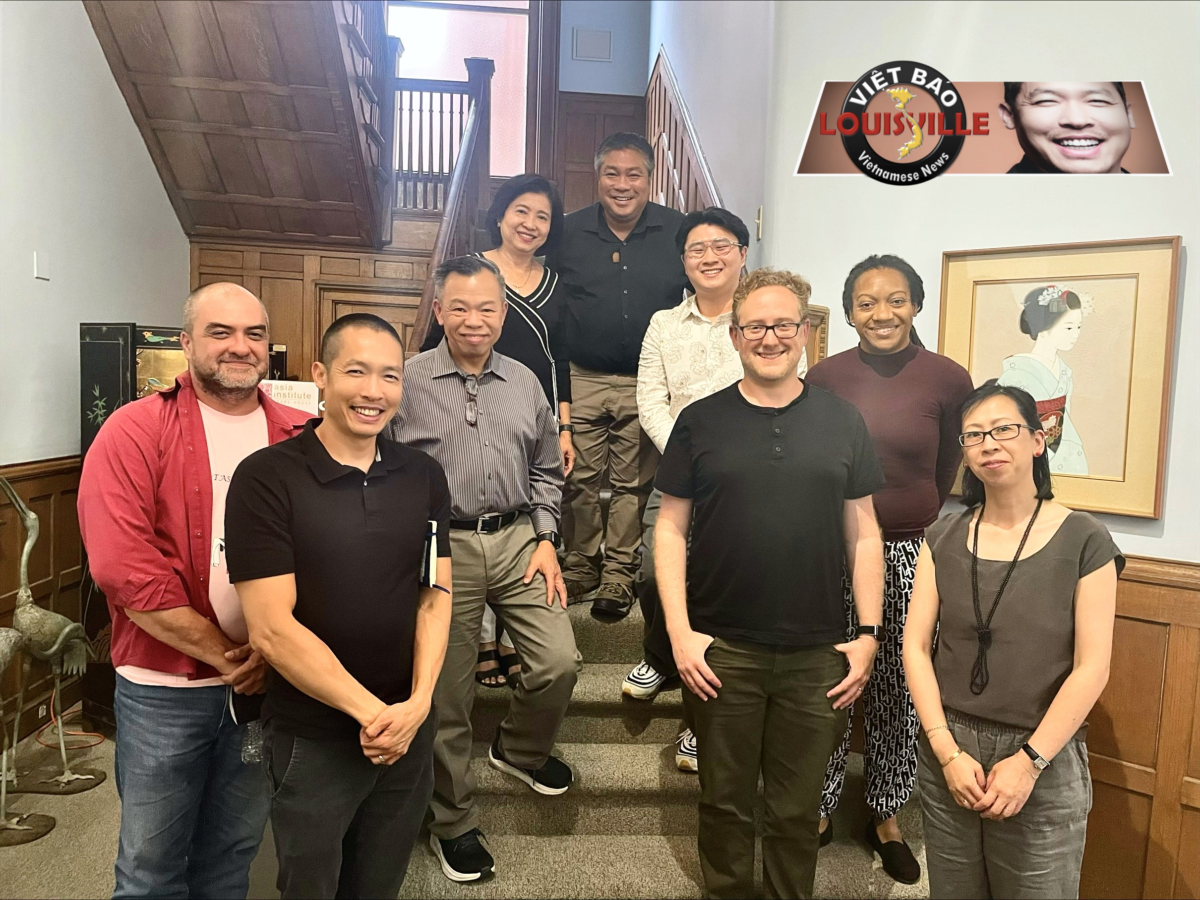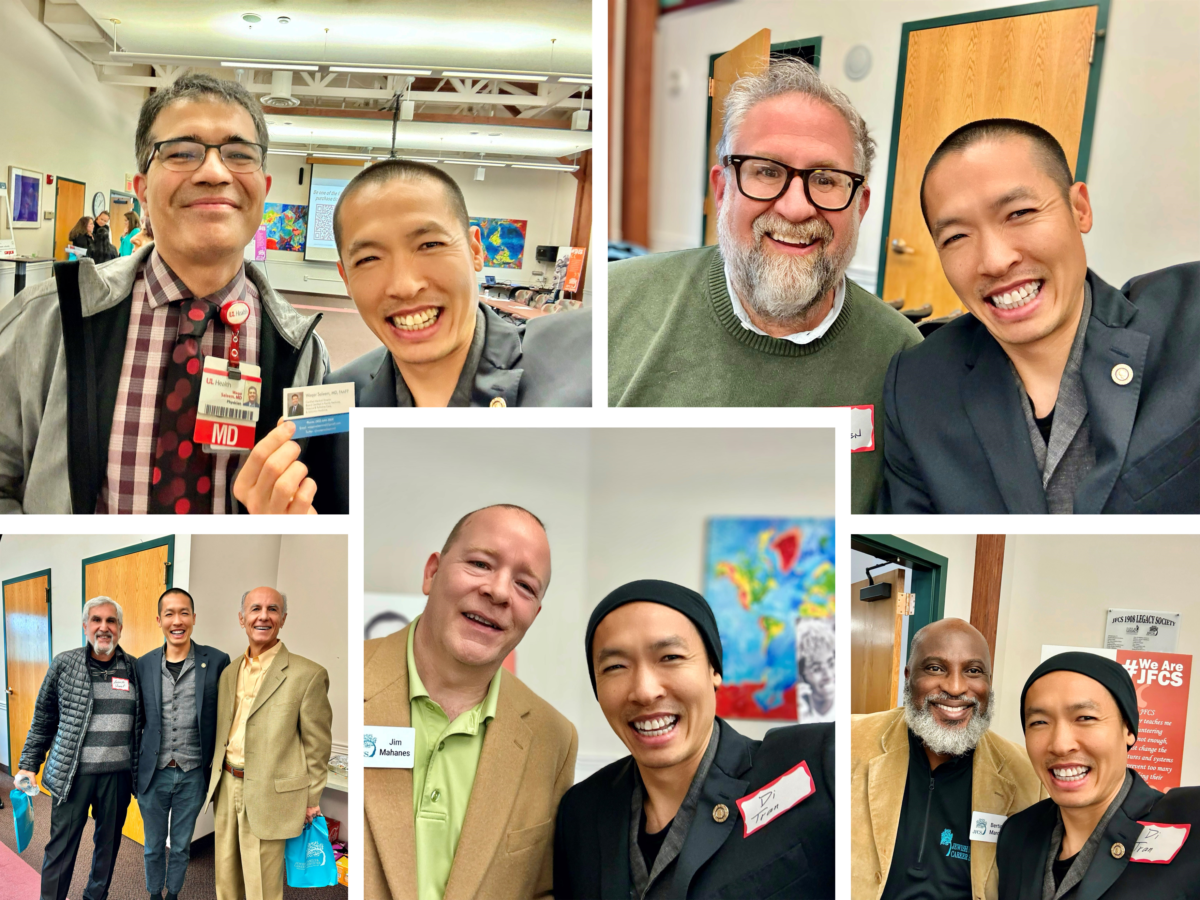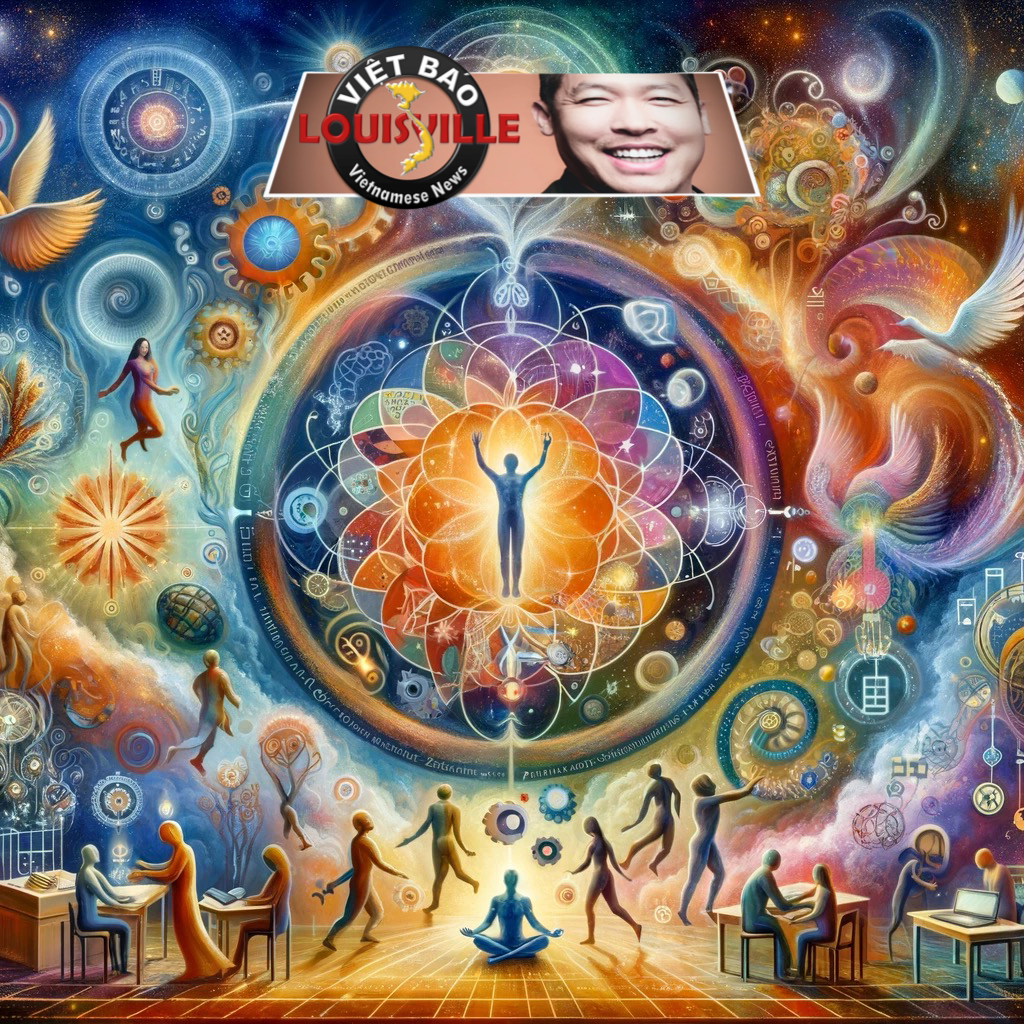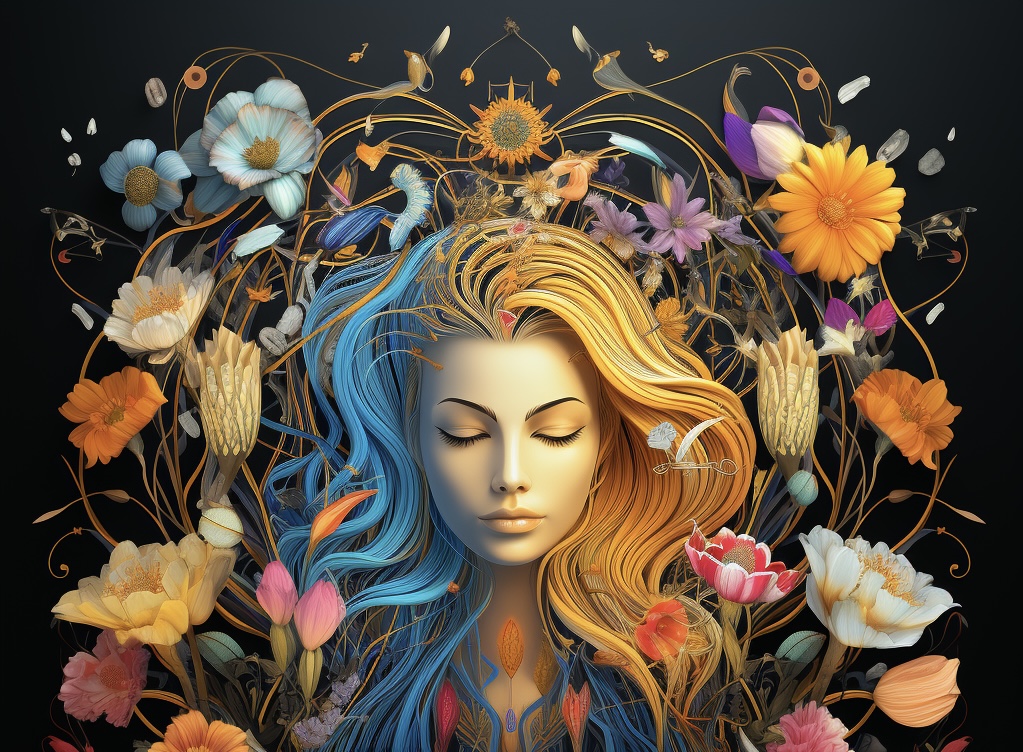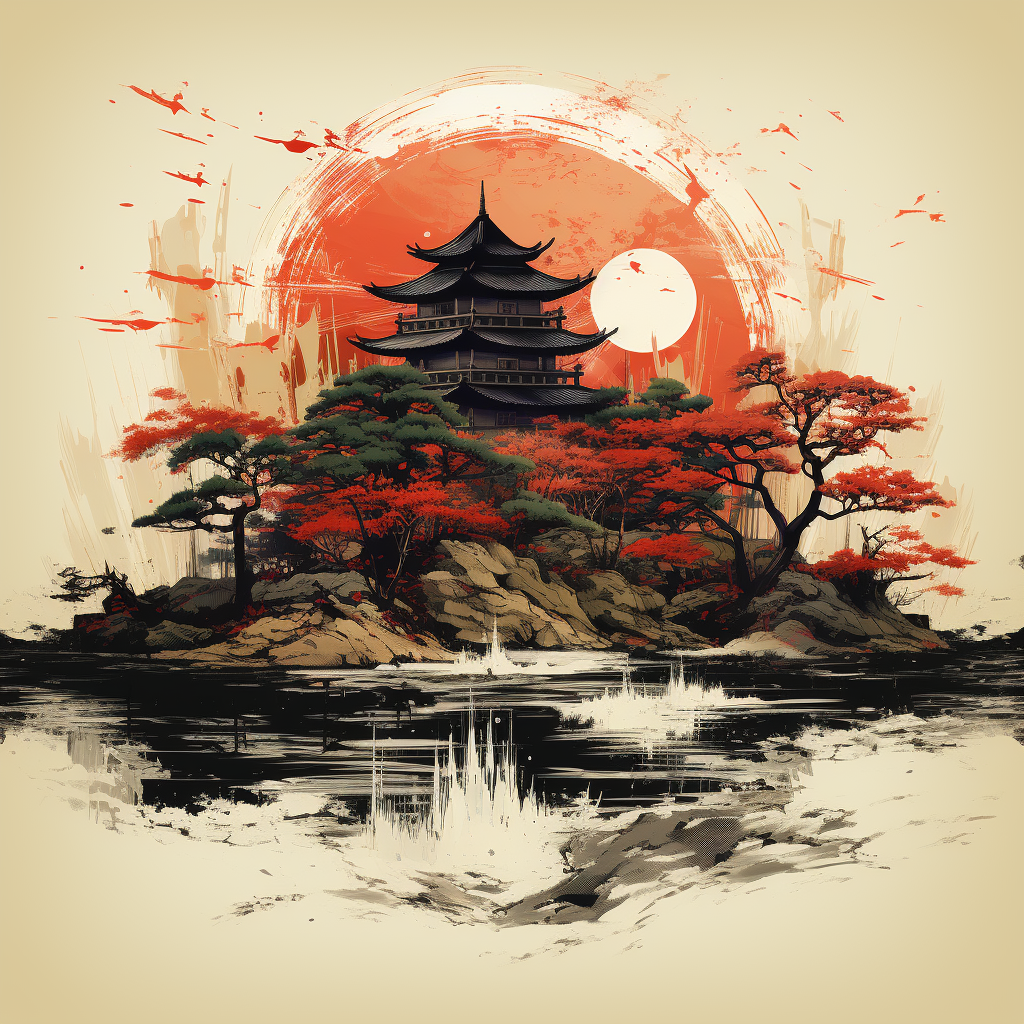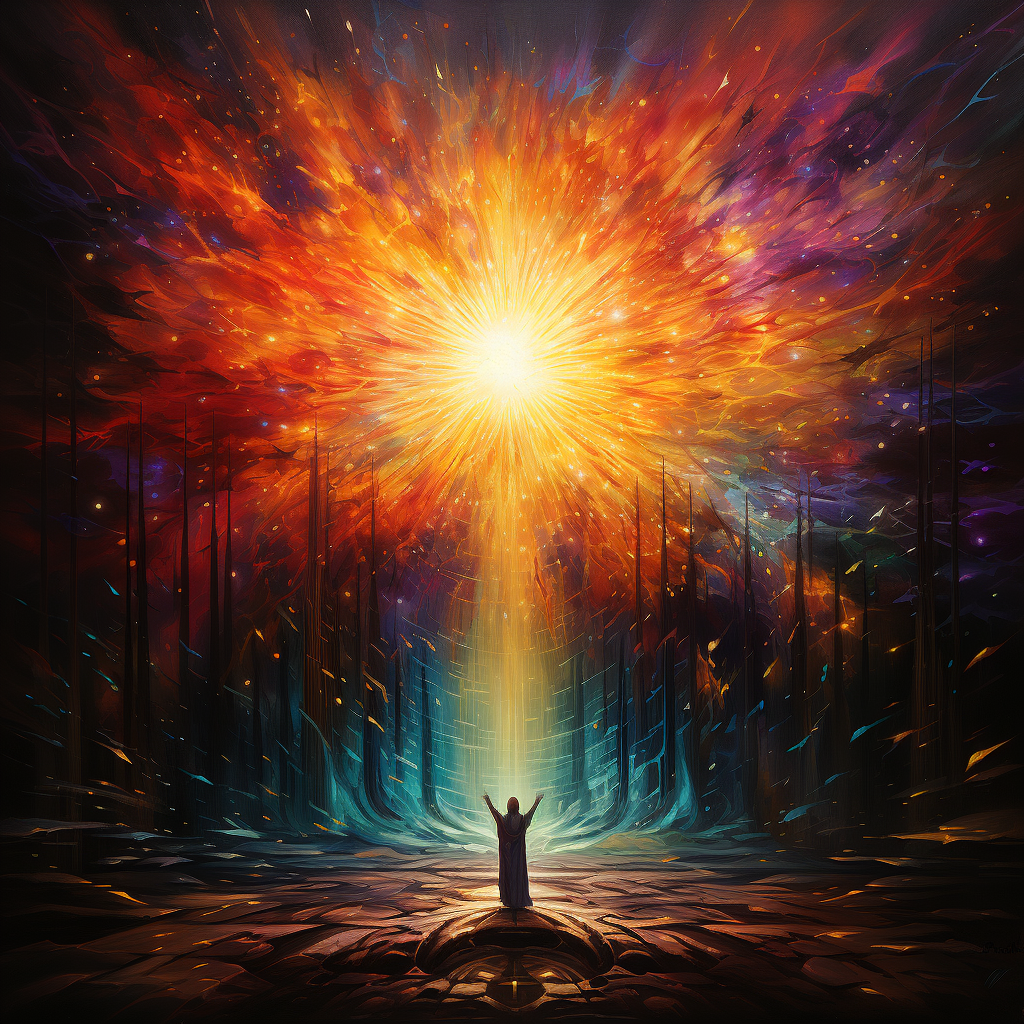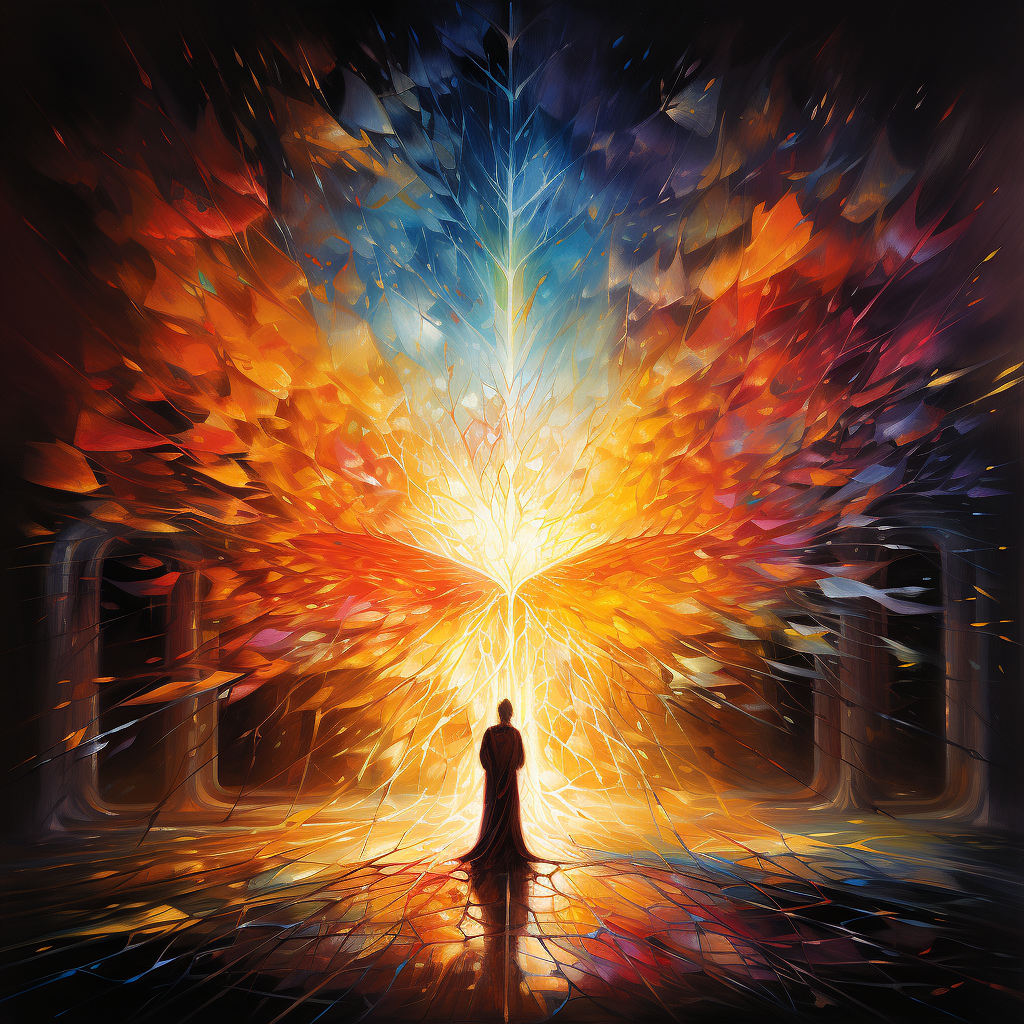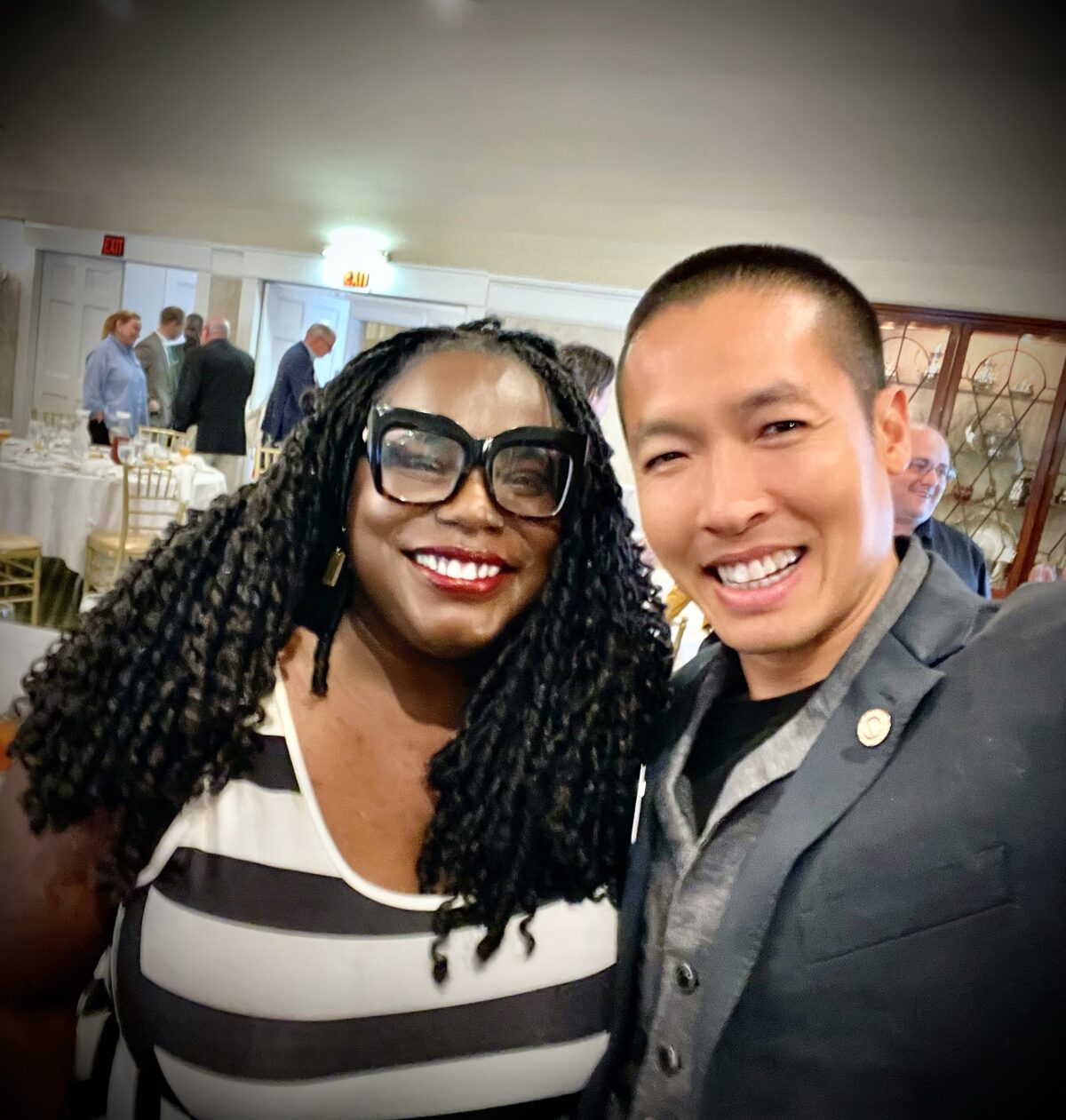The Louisville Orchestra, under the visionary leadership of Teddy Abrams, is embarking on a groundbreaking project that promises to be a beacon of unity and cultural representation. This initiative, which brings together the talents of composer Oswald Huỳnh and a diverse team of artists, is poised to create a musical experience that resonates with the stories of Asian Americans in Louisville and beyond.
Teddy Abrams, an Grammy-winning 2024 composer known for his innovative approach to music, has consistently pushed the boundaries of what an orchestra can achieve. His latest endeavor with the Louisville Orchestra is no exception. This project aims to fuse traditional symphonic music with contemporary cultural narratives, creating a bridge between the past and present, the familiar and the new.
At the heart of this initiative is Oswald Huỳnh, a composer whose work embodies the spirit of this project. His compositions are a masterful blend of heritage and modernity, capturing the essence of Asian American experiences in a way that is both profound and accessible. A sample of his work can be experienced through his piece, here, which provides a glimpse into the emotive and evocative soundscape that he is creating for this project.
This collaboration has the potential to become an iconic moment in Louisville’s cultural history. It represents more than just a concert; it is a celebration of diversity, a showcase of unity through music, and a powerful statement about the value of every culture in the tapestry of American life. The project’s goal is not just to perform for the elite but to bring this music to all corners of Kentucky, making it accessible to everyone.
As this project unfolds, it is set to inspire a future where the Louisville Orchestra continues to lead the way in cultural inclusion and artistic innovation. The work of Teddy Abrams and Oswald Huỳnh stands as a testament to the power of music to unite, uplift, and celebrate the richness of our shared humanity.

